The Best Guide to Aids And Hiv Medications That Will Help You Choose Wisely
AIDS and HIV Medication Consumer Guide
Reviewed by:
Dr. Diana Rangaves, PharmDLast Reviewed On:
Feb 20, 22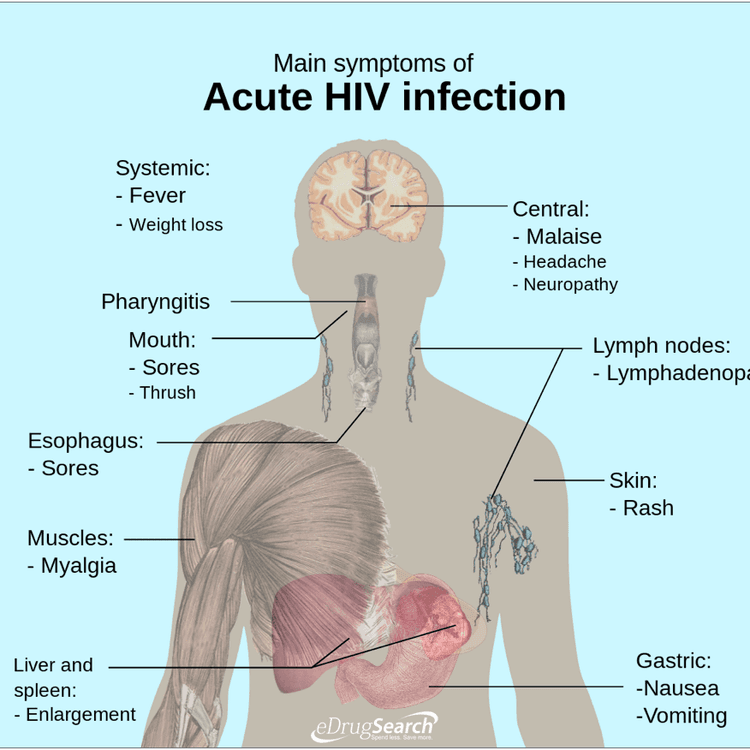
Human Immunodeficiency Virus (HIV) is an infectious disease with no cure. This virus is most notable for its ability to directly attack cells of the immune system. Uncontrolled HIV infections can destroy the immune system, leading to Acquired Immune Deficiency Syndrome (AIDS). Fortunately, scientists have developed numerous medications to inhibit this virus from overwhelming the immune system.
For your convenience we have linked to all prescription drug prices (shown below) within our database so you can quickly compare and find the lowest prices on most HIV & AIDS medications currently on the market.
HIV Drug Classes
Each person is different and certain viral strains react differently to medication. In order to keep HIV under
control, medicines have been created with a variety of functions. Some drug classes are able to prevent the virus
from infecting certain cells, while others react directly with HIV to keep the viral load down.
Multiclass Combination Drugs
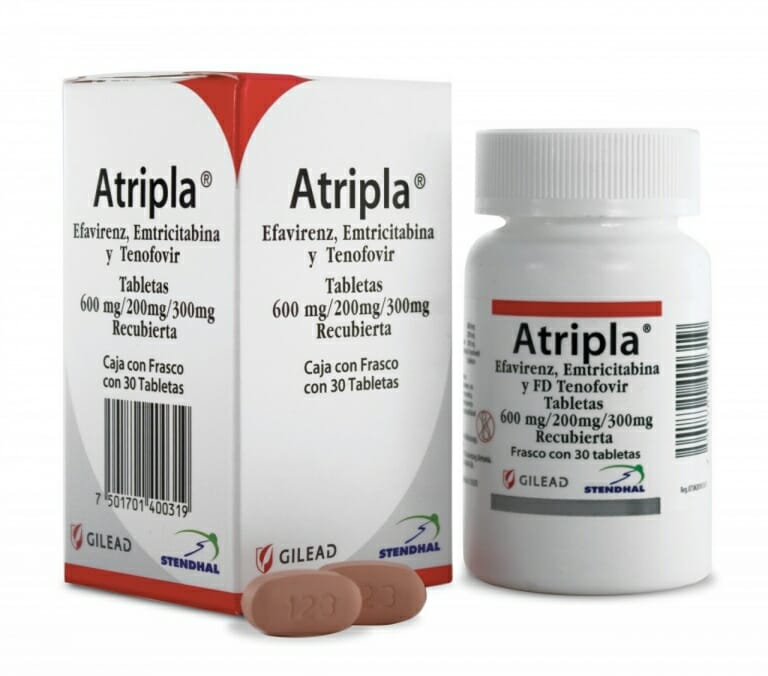
Drugs combine medications from different groups into one drug form. You take these medications once per day. Each person’s dosage is different. These drugs include:
- Abacavir/Dolutegravir/Lamivudine (Triumeq)
- Efavirenz/Emtriacitabine/Tenofovir/ Atripla
- Emtriacitabine/Rilpivirine/Tenofovir/ Complera
- Emtricitabine/Cobicistat/Elvitegravir/Tenofovir/Alafenamide
Nucleoside Reverse Transcriptase Inhibitors (NRTIs)
This drug classification encompasses the group of medications that block a specific enzyme HIV needs to make copies of itself. By inhibiting this transcriptase, the drug is able to keep your viral load down because HIV has trouble replicating.
As a group, these drugs may be called nukes, but there are several different forms of NRTIs, and each drug can have multiple names. The following list has generic name followed by brand name and any other names each drug may have in parenthesis.
- stavudine-Zerit
- abacavir ( Ziagen )
- didanosine ( Videx )
- lamivudine ( Epivir )
- ( zidovudine ) Retrovir
- didanosine ( Videx EC )
- emtricitabine (Emtriva)
- abacavir/lamivudine ( Epzicom )
- lamivudine/zidovudine ( Combivir )
- tenofovir-disoproxil-fumarate ( Viread )
- abacavir/lamivudine/zidovudine-Trizivir
- efavirenz/emtriacitabine/tenofovir Atripla
- emtriacitabine/rilpivirine/tenofovir Complera
- emtricitabine/tenofovire-disoproxil-fumarate-Truvada
Non-Nucleoside Reverse Transcriptase Inhibitors (NNRTIs)
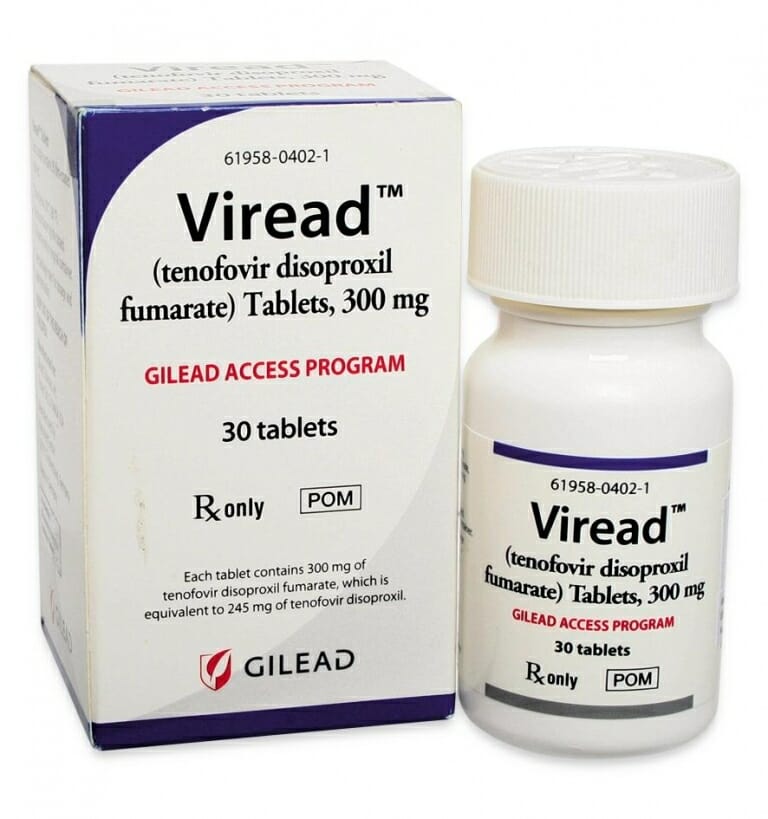
NNRTIs attempt to prevent replication similar to NRTIs, except these drugs bind to and change the enzyme instead of blocking it. By altering the reverse transcriptase enzyme, these drugs also can keep HIV from making copies of itself.
- efavirenz ( Sustiva )
- rilpivirine-Edurant
- etravirine-ntelence
- nevirapine Viramune
- delavirdine-mesylate-Rescriptor
Protease Inhibitors (PIs)
This drug class works by blocking a different enzyme that HIV needs to replicate. Blocking the protein enzyme called protease prevents the virus from making more copies, which helps to keep your viral load down.
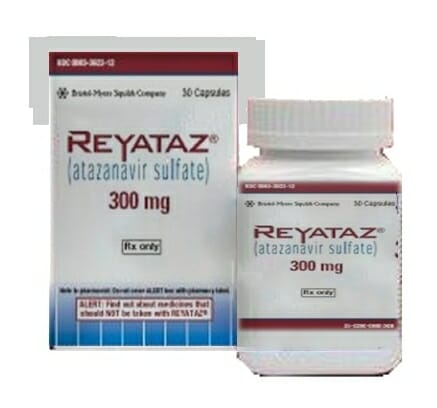
- ritonavir (Norvir)
- indinavir ( Crixivan )
- tipranavirAptivus
- darunavir Prezista
- atazanavir Reyataz
- nelfinavir-Viracept
- Invirase saquinavir
- Lexiva fosamprenavir
- lopinavir/ritonavir ( Kaletra )
- atazanavir/cobicistat-(Evotaz)
- darunavir/cobicistat-(Prezcobix)
Doctors who are experienced at treating both HIV and hepatitis may choose to prescribe these drugs for people with HIV. These HIV and hepatitis medications include:
- simeprevir (Olysio)
- boceprevir (Victrelis)
- ombitasvir/paritaprevir/ritonavir/dasabuvir(Viekira Pak)
Entry-Inhibitors
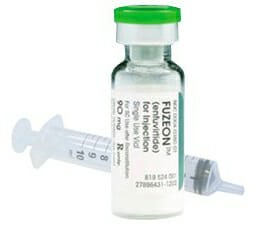
Another drug class that provides the same immune system support as fusion inhibitors, entry inhibitors block a specific proteins at the site that HIV uses to infect CD4 cells. Since the virus cannot infect this type of cell, your immune system will not be as compromised, making you less likely to develop AIDS.
- enfuvirtide (Fuzeon)
Fusion Inhibitors
This type of drug works by preventing HIV from infecting certain immune system cells. Fusion inhibitors block the virus from infecting CD4 white blood cells. This type of cell is one of the most important for immune system function. Protecting these cells from the virus makes your overall immunity is more stable.
- enfuvirtide (Fuzeon)
Integrase Inhibitors
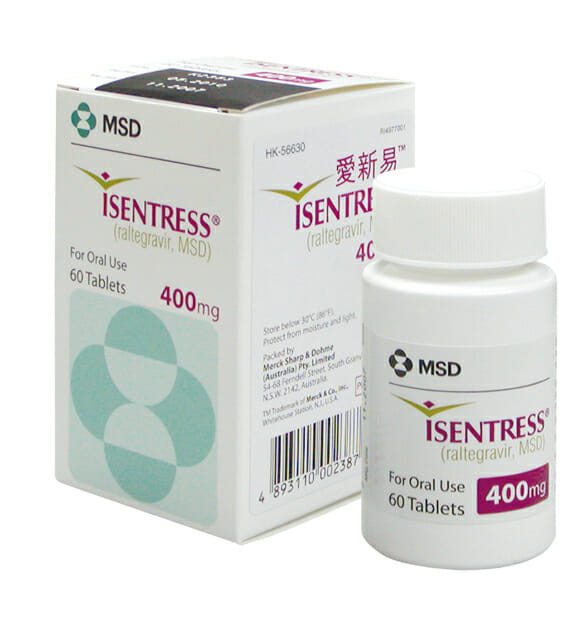
Scientists found yet another enzyme that HIV needs to make copies of itself, and integrase inhibitors are the drug class that can block it. Without the use of integrase, the virus cannot replicate, keeping your viral load number low.
- elvitegravir (Vitekta)
- raltegravir-Isentress
- dolutegravir(Tivicay)
Pharmacokinetic Enhancers
Enhancers were mentioned earlier because certain protease inhibitors can be used as enhancers. These drugs boost other medications and may be combined with different drug classifications to enhance their effectiveness. Sometimes drugs work better when they have certain chemicals helping them do their job, and this is where pharmacokinetic enhancers come into play.
- cobicistat (Tybost)
Combination Medicines
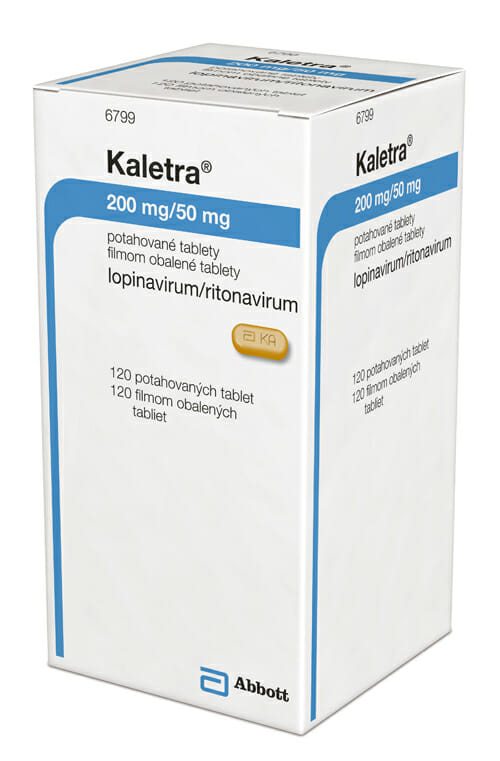
Although there are many excellent medications to control HIV and boost the immune system, this virus can develop immunity or can cause other problems. By combining different drugs together, you may have better control over viral load and immune system function.
Here are some common combination drugs with their brand list first, followed by combined drugs under that name.
- lopinavir/ritonavir ( Kaletra )
- atazanavir/cobicistat (Evotaz)
- abacavir/lamivudine ( Epzicom )
- darunavir/cobicistat (Prezcobix)
- lamivudine/zidovudine ( Combivir )
- abacavir/lamivudine/zidovudine Trizivir
- efavirenz/emtricitabine/tenofovir/ Atripla
- abacavir/dolutegravir/lamivudine(Triumeq)
- emtricitabine/rilpivirine/tenofovir-Complera , Odefsey
- cobicistat/elvitegravir/emtricitabine/tenofovir/(##DRUG_URL##
Genvoya##DRUG_URL_END##, Stribild ) - emtricitabine/tenofovir (AccessPak for HIV PEP Basic, Descovy, Truvada
Along with these HIV and immune system specific drugs, there are other medications to help with different symptoms of the virus. HIV can attack other systems and certain drugs may be useful for protecting these vital areas from viral infection.
Specifically, several different liver support medications can protect you from liver damage. Also, HIV likes to attack the digestive system, and certain drugs can help protect your digestive system from the virus.
Another consideration to bring up with your doctor is the use of off-label drugs that may help treat symptoms of HIV. For instance, some autoimmune drugs have shown the ability to boost immune system function. It is always important to discuss these issues with your doctor, but a few questions and answers may help guide you.
Frequently Asked Questions
1.) What are the side effects of HIV drugs?
Most drugs will have similar side effects, but everybody reacts differently. Sometimes the side effects of a drug may be too much for you, and you need to work with your doctor before finding the right medication choice. Most people experience digestive system distress with cold-like symptoms when first beginning their medication regimen. This may include nausea, vomiting, diarrhea, vomiting, headache, muscle pains, fever and fatigue, but it should not last long.
2.) Will I be able to stop my medication?
Unfortunately, there is no cure for HIV, and no drug will completely eliminate it. Someone infected with the virus will always need to take medication to prevent AIDS. Your doctor will also continue to monitor your viral load and CD4 white blood cell count to make sure your medicine is working.
3.) If I was exposed to HIV, do I have to take medication?
Just because you were exposed does not mean you have the virus. For people exposed to HIV there is a special prophylaxis drug that can be taken to reduce the chance of infection. This is not the same thing as HIV drugs. Certain types of drugs mentioned here can also be used as a preventive medication to lower your risk of getting HIV. If you are continually exposed to HIV, it is probably a good idea to continue taking prophylaxis drugs until you are no longer at risk.
As with any medical advice, always discuss your questions and concerns with your doctor. Everyone is different and they know your specific case better than anyone else.
Website reference resources:
Join Our Free Newsletter
Get a weekly dose of money-saving tips on your medications, drug side effects alerts, drug interaction warnings, free prescription coupons, late-breaking safety information and much, much more!